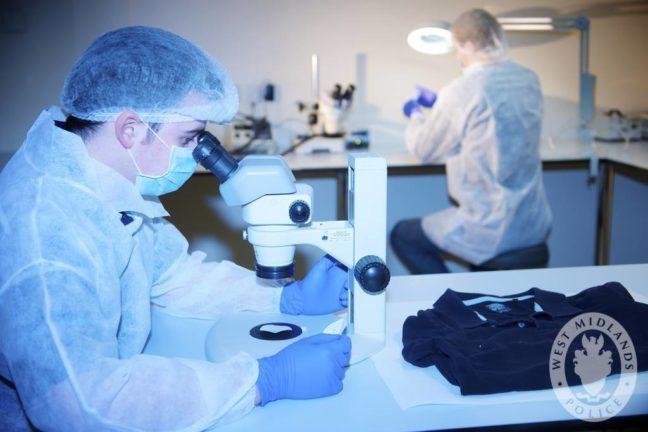The Wisconsin Department of Justice announced a new website last month to keep the public informed on the number of untested sexual assault kits, otherwise known as “rape kits.”
Currently there are 6,391 previously untested kits, 4,067 kits of which are designated for testing.
In 2015, the state DOJ received two $2 million grants from the Bureau of Justice Assistance and the New York County District Attorney’s Office to address the accumulation of untested kits in possession of state agencies and hospitals. It’s been just over two years since the program was first launched, but only 202 kits have been tested.
According to the Wisconsin Sexual Assault Kit Initiative website, the most common reason tests were not submitted were:
- Law enforcement did not choose to pursue the investigation
- The prosecutor determined the evidence was not substantial
- The case was dismissed
- The victim either did not report the sexual assault
- The case was reported and the victim later decided not to pursue
There are 2,327 kits that were not previously submitted for testing because of these reasons.
Ian Henderson, Associate Director of Wisconsin Coalition Against Sexual Assault, explained the protocol for testing kits was changed to become more “victim-centered,” meaning victims can decide at any time to opt out of reporting sexual assault. This may explain why some of the kits were not tested.
“One of the things we’ve been doing is trying to allow survivors as much choice as possible,” Henderson said. “For survivors who reported to law enforcement, those kits are going to be tested. It’s the ones where there was not a report at the time of when the kit was collected that are not being tested without victim consent, keeping in mind that survivor autonomy.”
Sexual assault test kits can give people freedom, more control over assault
WiSAKI project site coordinator, Keeley Crowley, said there are also several reasons that testing for these kits have not progressed much, primarily being the time-intensive inventory process for logging all of the rape kits.
“We were delayed a little bit because the one funding source did require us to complete a certified inventory, but it took them several months to give us the data parameters of that inventory,” Crowley said. “Because we were one of a handful to do this on a statewide level, it did take us a year to complete that inventory.”
The inventory process required by the BJA collected case-specific details from all 557 law enforcement agencies throughout the state and was able to complete the inventory by March 2017.
Additionally, the BJA required the grant could only be used for testing purposes, with $600 being the average cost of testing a kit.
Wisconsin to test sexual assault kits, help victims ‘move forward’
Crowley said processing the kits could take anywhere from two weeks to two months, with 45 days being the average time for processing a rape kit. She said processing time may vary because not every kit has the same quality or quantity of DNA evidence.
Crowley said this is an important issue, however, because it’s hard for labs managing older inventory items when current rape kit submissions are on the rise.
“The numbers are increasing and have been steadily going up over the past several years, I think partially because we are talking about the benefit of DNA testing more and more now,” Crowley said. “And local law enforcement is doing more investigations because they have more survivors coming forward to report, and they’re sending in more kits.
In fact, Wisconsin has seen a dramatic increase in evidence submissions to the Wisconsin State Crime Laboratory Bureau. From 2015 to 2016, submissions increased 49 percent, following a 31 percent increase the prior year.
There are three laboratories in the WSCL system, but only the Madison and Milwaukee branches can properly process kits.
These testing capacity issues have created a backlog in the inventory that goes as far back as 1988, and includes nearly 100 untested kits collected from before 2000.
To address these issues, Crowley said WiSAKI prioritizes testing depending on the statute of limitations for each case, which is the period of time that can pass before a case may no longer be prosecuted. Under a new protocol, tests are kept up to 10 years in WSCL storage, which is the statute of limitations on second and third degree sexual assaults in Wisconsin.
Democratic lawmakers request state audit of sexual assault kit backlog
To alleviate the backlog, Crowley said the state began contracting with an accredited Maryland-based laboratory, Bode Cellmark Forensics, to complete a majority of the testing for kits. About 200 kits are sent to the lab for testing each month.
With the current contract WiSAKI has made with Bode, Crowley estimates all kit testing will be completed as early as September of next year.
“Technology has certainly changed on what DNA can be tested in the past 30 years,” Crowley said. “So we have no idea in what condition some of the kits will be in [or] what collection was done, but if we can test them, we’re going to test them.”


















